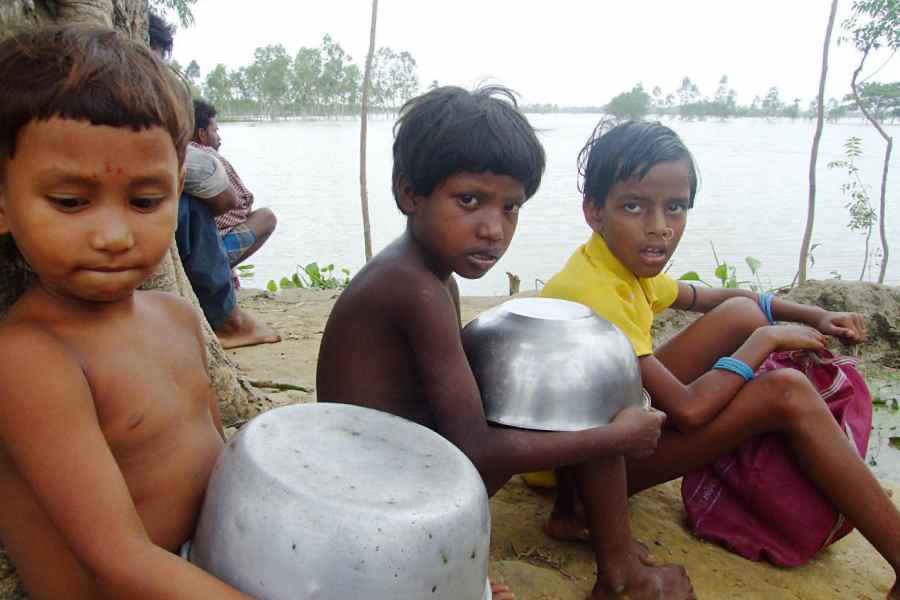
India's ‘zero-food’ children shame: 6.7m kids have nothing to eat for entire day - Telegraph India
ADVERTISEMENTThe figures are much lower in Bangladesh (5.6 per cent), Pakistan (9.2 per cent), DR Congo (7.4 per cent), Nigeria (8.8 per cent) and Ethiopia (14.8 per cent). Zero-food children are infants or toddlers aged between six months and 24 months who have not received any milk or solid or semisolid food over a 24-hour period. The researchers who conducted the study compared estimates of zero-food children across 92 low-income and middle-income countries. They said that more research was needed to unravel “the underlying causes” of zero-food prevalence, the barriers to optimal adequate child-feeding practices, and the ways socioeconomic factors might influence child-feeding behaviour. Subramanian and his colleagues had last year generated India’s first estimate of the prevalence of zero-food children, based on the 2019-2021 health survey data.
Source: The Telegraph March 05, 2024 06:41 UTC



